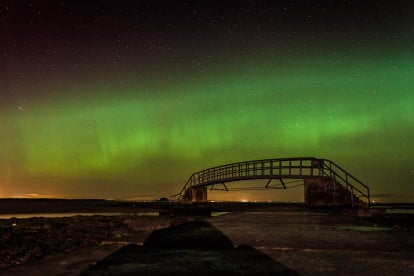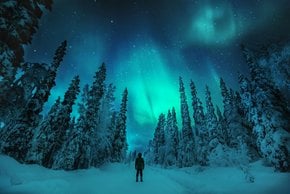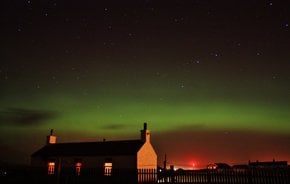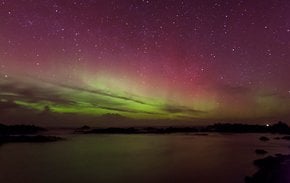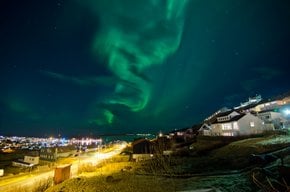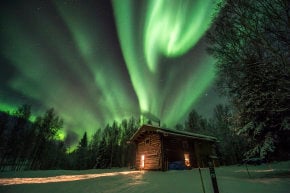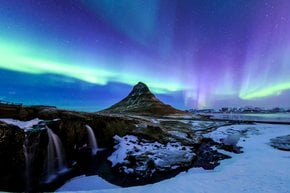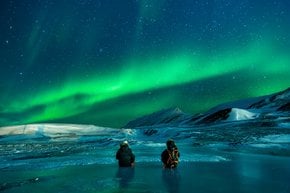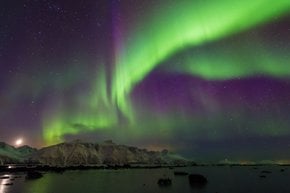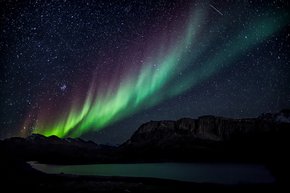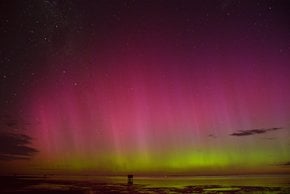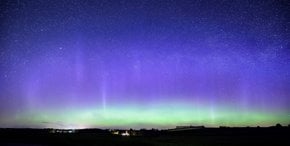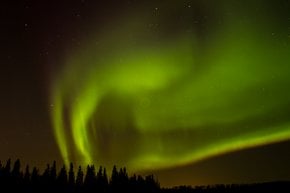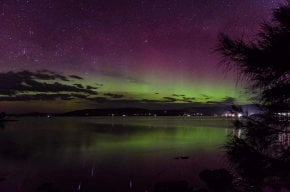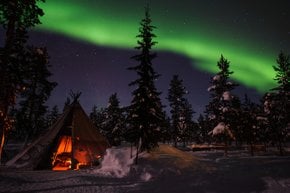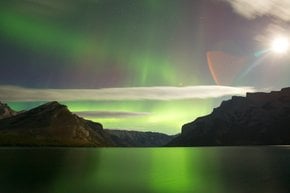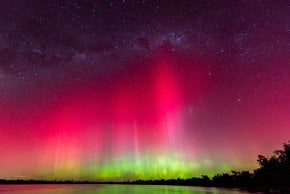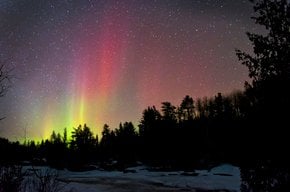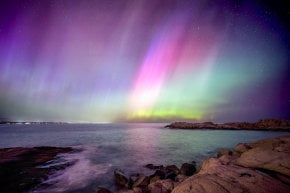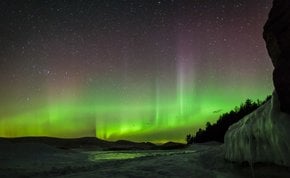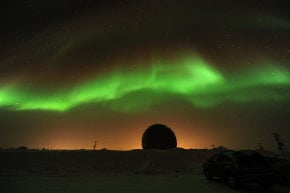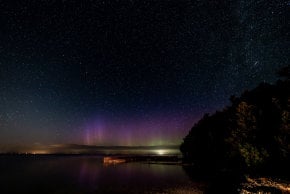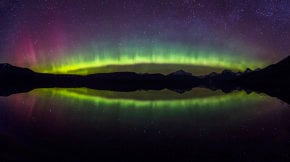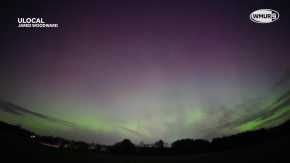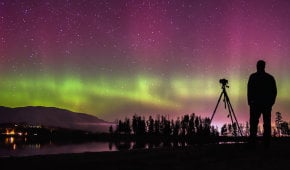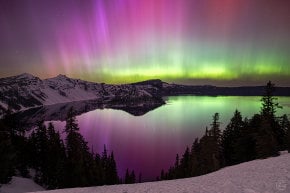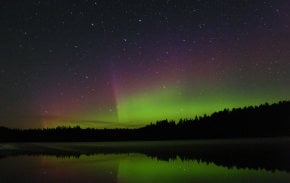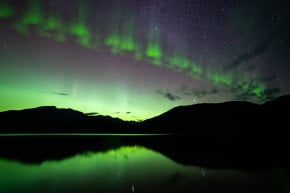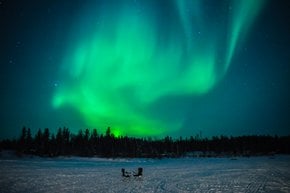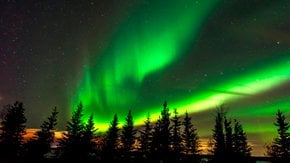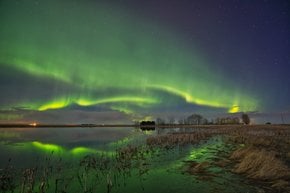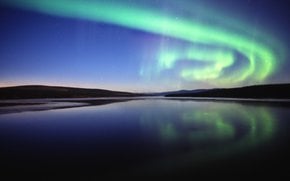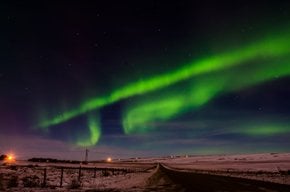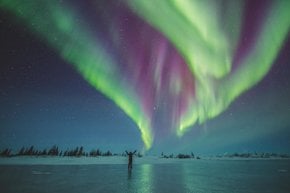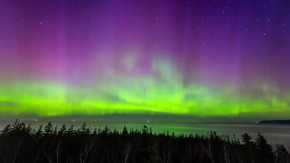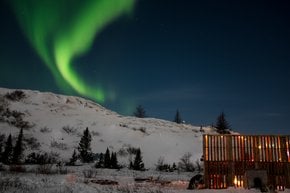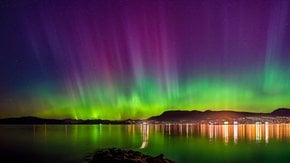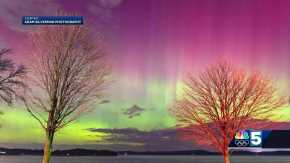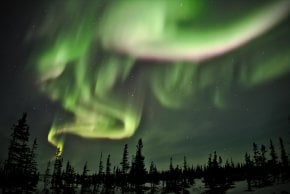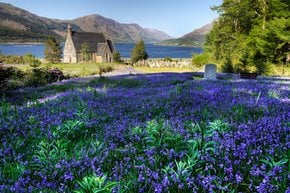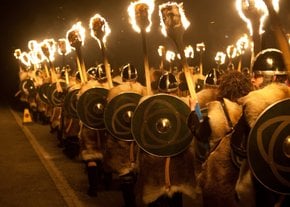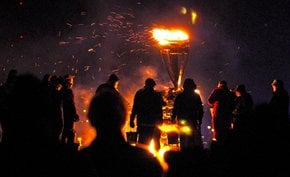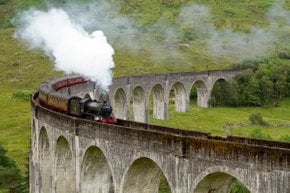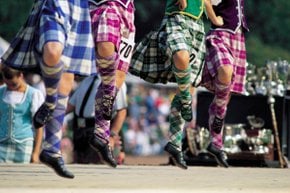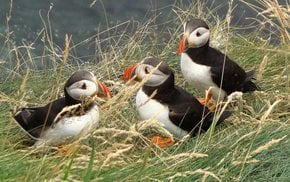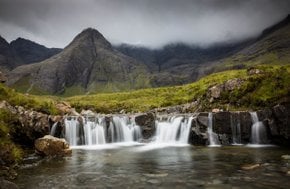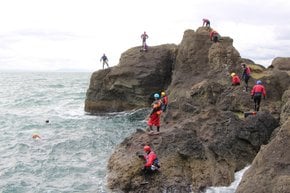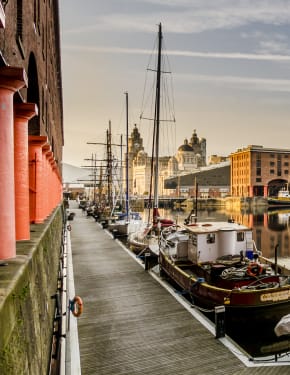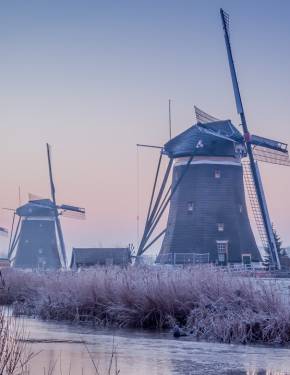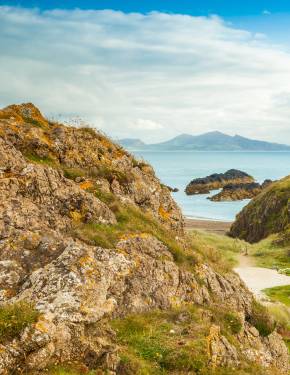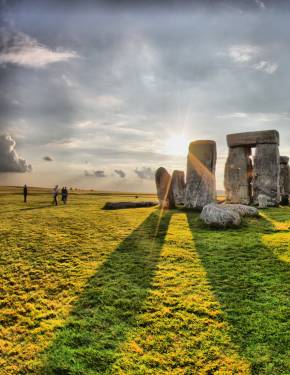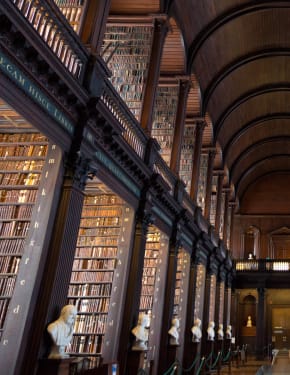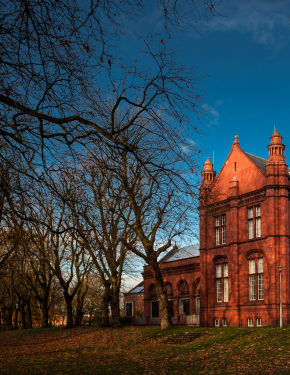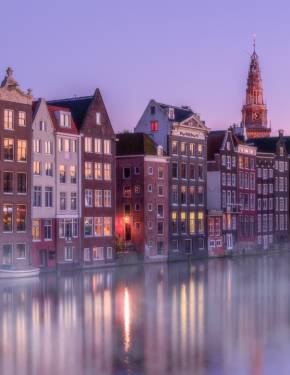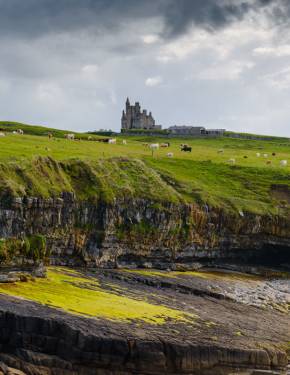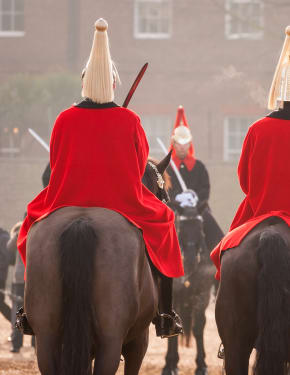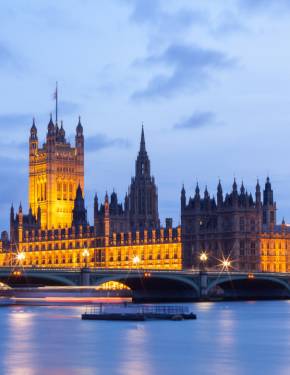Northern Lights in Scotland 2025-2026
The elusive Aurora reveals itself only to the most patient
Best time: October–March
Scotland, with its low light pollution and picturesque landscapes, provides an ideal setting to witness the northern lights. The aurora borealis, or "Mirrie Dancers" as they are affectionately known locally, are a mesmerizing natural phenomenon. Despite these favorable conditions, recent years have seen fewer sightings due to low sunspot activity. However, you might still be fortunate enough to catch a glimpse of this breathtaking spectacle.
Best Time to See the Northern Lights
The prime time to observe the northern lights in Scotland is from late September to March, with the darkest and clearest skies offering the best chances. According to experts, December provides the longest nights, while the period from October to March is ideal due to the extended hours of darkness. Although sightings are never guaranteed, keeping an eye on solar activity forecasts can significantly increase your chances. For accurate aurora forecasts, refer to trusted sources such as the Space Weather Prediction Center or the Geophysical Institute at the University of Alaska Fairbanks. These websites provide real-time updates on solar activity and aurora visibility.
Top Viewing Locations
Top spots to witness the northern lights in Scotland include Shetland, Orkney, the Outer Hebrides, Caithness, Aberdeenshire, the Moray Coast, Rubna Hunish on Skye, and far northwest observatories like Applecross and Lochinver. Other excellent locations are the Cairngorms, Angus, the Fife Coast, Rannoch Moor, and Perthshire. Notably, Scotland boasts the UK's only dark sky park, Galloway Forest Park. The luckiest observers might even catch the aurora in Edinburgh, from vantage points such as Calton Hill or Arthur’s Seat.
The Shetland Islands
The Shetland Islands, being the closest to the North Pole within Scotland, offer a promising chance to see the aurora. Many photographers based in Lerwick have captured the northern lights during the colder seasons. Locals in Shetland affectionately call the aurora "Mirrie Dancers," referring to the flickering lights in the night skies. In Scottish Gaelic, they are also known as "Na Fir Chlis," meaning "the Nimble Men." According to Scottish folklore, these Nimble Men and Merry Maidens dance in the dark winter skies, creating a captivating spectacle.
The Outer Herbides
The Outer Hebrides, also called the Western Isles, are located north-west of mainland Scotland. Since the islands are not densely populated, they produce very little light pollution, which makes them a perfect spot to see aurora borealis. Pick one of the remote villages on the north coast with sea views. Lewis and Harris, the northernmost isles, suit the best. North Uist, Benbecula, Berneray, and Eriskay are also good spots.
The Orkney Islands
The Orkneys, located north off the mainland, are also perfectly positioned for aurora borealis chase. Popular spots to watch the beautiful phenomenon include Birsay, a parish in the north-western part of the isles, and Rendall, which is located east of Birsay. You can also take pretty good pictures from the top of Wideford Hill or from Dingieshowe, the famous beach, a place where Vikings gathered and planned their attacks.
Isle of Skye
Rubha Hunish, the northernmost point of the Isle of Skye, is another excellent location for an aurora hunt. The area is home to many seabirds, dolphins, and otters. Renting one of the picturesque cottages on the northern coast, facing the sea, offers an ideal vantage point. On a clear day, you can enjoy a stunning view of the Outer Hebrides. Duntulm Castle, also located nearby, provides a beautiful backdrop for photographing the lights dancing in the sky.
Inverness
Inverness, situated in the heart of the Scottish Highlands, is known for its historical significance and natural beauty. The city itself, with its blend of old and new, provides a charming starting point for aurora chasers. Just a short drive from Inverness, Loch Ness offers expansive, dark skies that are perfect for aurora sightings, away from the city lights. The legendary Loch, famous for its mythical creature, Nessie, becomes a serene and mystical spot to watch the night sky light up with the aurora borealis. Another nearby location, the Cairngorms National Park, is renowned for its rugged landscapes and is one of the best places in the UK for stargazing. The park's high altitudes and minimal light pollution create ideal conditions for witnessing the aurora. The combination of stunning mountain scenery and the ethereal glow of the northern lights makes for an unforgettable experience. Additionally, the Inverness region offers numerous guided tours and aurora alerts to help maximize your chances of seeing this elusive natural wonder.
Aberdeen
Aberdeen, often referred to as the Granite City due to its many enduring grey-stone buildings, also provides excellent opportunities for aurora spotting. Located on the northeastern coast of Scotland, the city is close to several prime viewing spots, including Moray Coast, and other coastal areas such as Balmedie Beach and Newburgh. Further inland, areas like Bennachie and the Grampian Mountains offer elevated vantage points with minimal light interference. The combination of Aberdeen's vibrant city life and its proximity to dark, rural skies makes it a convenient and appealing destination for those hoping to witness the aurora borealis.
Location and Infrastructure
Many viewing locations are remote, with limited infrastructure. For accommodation, nearby towns and villages offer various options, from hotels to cottages. Restaurants and cafes are available, but it's wise to plan ahead, especially during peak viewing times. Most aurora viewing spots in Scotland are free to access. Parking availability varies by location, with some areas offering free parking and others requiring a fee. For example, Loch Ness's Urquhart Castle offers paid parking, while Dores Beach provides free parking. In the Cairngorms National Park, the Cairngorm Mountain Base Station requires a parking fee, whereas Loch Morlich also offers paid parking. Checking local parking arrangements in advance ensures a smooth aurora viewing experience.
Nearby Attractions
In addition to aurora viewing, Scotland offers numerous attractions. The Cairngorms National Park, with its hiking trails and wildlife, is a must-visit. Whisky enthusiasts can explore the Speyside region, home to many distilleries. For a cultural experience, visit Edinburgh's historic sites or participate in local festivals.

